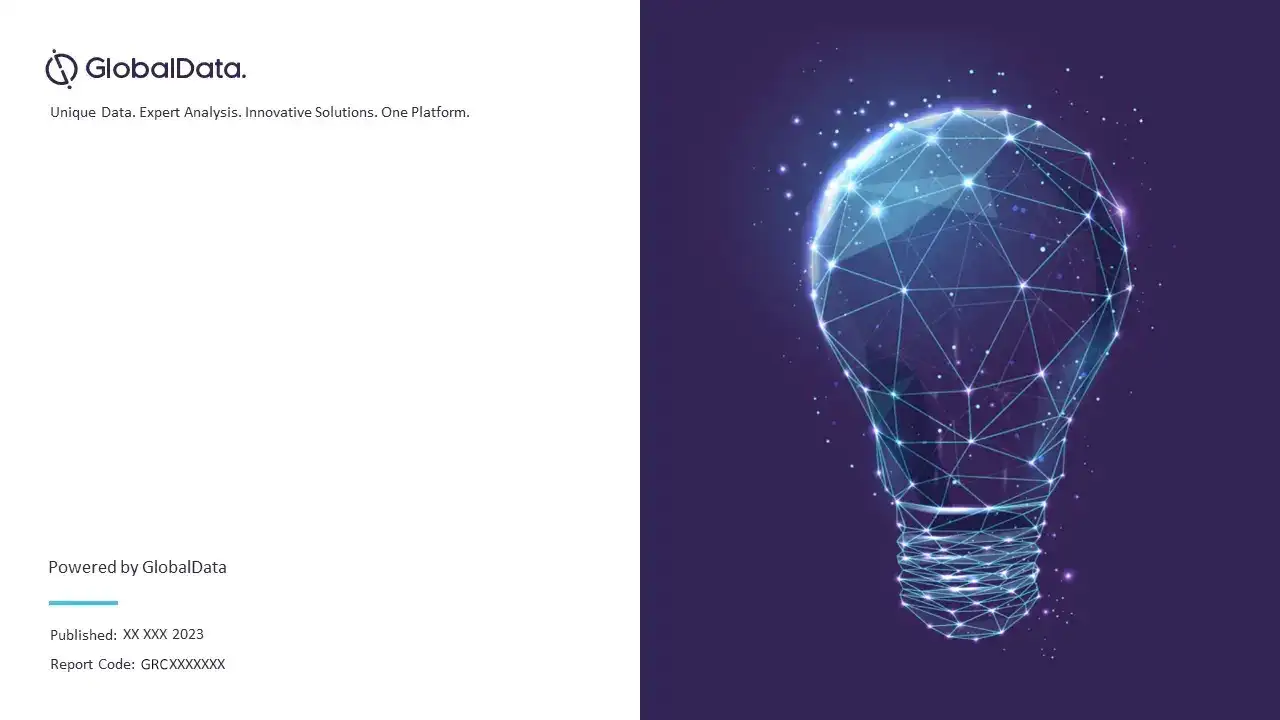Myelodysplastic Syndromes – Opportunity Analysis and Forecasts to 2028
Powered by ![]()
All the vital news, analysis, and commentary curated by our industry experts.
Myelodysplastic syndromes (MDS) are a relatively rare group of acquired clonal hematopoietic stem cell disorders characterized by dysfunctional hematopoiesis leading to cytopenias, with the potential to transform into acute myeloid leukemia (AML). DNA damage and mutations are the predominant factors contributing to MDS development and progression. As such, aging and the associated accumulation of mutations over time appear to be the most important risk factors for the disease. Clonal shifts in hematopoietic stem and progenitor cells due to mutations, cytogenetic alterations, and modified epigenetic marks can promote the expansion of abnormal, dysfunctional cells. In symptomatic MDS, these cellular changes manifest in pathophysiological changes including fatigue, bleeding and bruising, and increased risk of infection.
KEY QUESTIONS ANSWERED
Therapeutic goals for patients with MDS differ depending on whether patients have lower or higher risk disease.
• How do the treatment goals for patients with HR-MDS and LR-MDS differ?
• How well are currently marketed therapies addressing the different needs of patients with higher and lower risk MDS?
With the launch of ten new pipeline agents expected between 2018 and 2028, GlobalData expects the MDS competitive landscape to undergo a significant transformation during the next decade
• What are the main R&D trends in the MDS market and which companies are leading the way?
• In what ways is clinical trial design for LR-MDS and HR-MDS changing and what aspects do KOLs believe should be addressed in the future?
• Are there major differences in the mechanisms of action used by therapies in late-stage versus early-stage clinical development?
Despite the recent burst in pipeline development for MDS, KOLs interviewed by GlobalData still noted a continued high level of unmet need for therapies targeting difficult-to-treat populations of patients.
• Which MDS patient populations have the greatest unmet need and why?
• How can the pharmaceutical industry address these needs?
• To what degree will the therapies under development fulfill these unmet needs?
Scope
Overview of MDS including epidemiology, etiology, pathophysiology, symptoms, diagnosis, and treatment guidelines.
Topline MDS market revenue, annual cost of therapy, and major pipeline product sales in the forecast period.
Key topics covered include current treatment and pipeline therapies, unmet needs and opportunities, and the drivers and barriers affecting MDS therapeutics sales in the 7MM.
Pipeline analysis: Comprehensive data split across different phases, emerging novel trends under development, and detailed analysis of late-stage pipeline drugs.
Analysis of the current and future market competition in the global MDS therapeutics market. Insightful review of the key industry drivers, restraints and challenges. Each trend is independently researched to provide qualitative analysis of its implications.
Key Highlights
The greatest drivers of growth in the global MDS market include the launch of 10 new pipeline therapies during the forecast period and a growing number of incident cases in many 7MM countries due to an aging population.
The main barriers to growth in the MDS market include the launch of generics and biosimilars of major brands, including Vidaza (azacitidine), Revlimid (lenalidomide), and Aranesp (darbepoetin alfa), and the dominance of safe and effective generic and biosimilar products in the first-line setting for both LR-MDS and HR-MDS.
Among the late-stage pipeline products, KOLs were particularly enthusiastic about BMS’s recently approved anti-anemia agent, Reblozyl (luspatercept) for the treatment of LR-MDS and Aprea Therapeutics’ eprenetapopt plus azacitidine combination therapy for the treatment of TP53 mutant HR-MDS.
The most important unmet needs in the MDS disease space are the needs for novel therapeutics targeting difficult-to-treat patient groups including patients with HR-MDS and LR-MDS who fail the standard of care; LR-MDS patients with symptomatic neutropenia and thrombocytopenia; and more generally, HR-MDS patients, the majority of which are ineligible to safely receive HSCT, which is the only currently available curative therapy option.
Reasons to Buy
The report will enable you to:
Develop and design your in-licensing and out-licensing strategies, using a detailed overview of current pipeline products and technologies to identify companies with the most robust pipelines.
Develop business strategies by understanding the trends shaping and driving the global MDS therapeutics market.
Drive revenues by understanding the key trends, innovative products and technologies, market segments, and companies likely to impact the global MDS market in the future.
Formulate effective sales and marketing strategies by understanding the competitive landscape and by analyzing the performance of various competitors.
Identify emerging players with potentially strong product portfolios and create effective counter-strategies to gain a competitive advantage.
Track drug sales in the global MDS therapeutics market from 2018-2028.
Organize your sales and marketing efforts by identifying the market categories and segments that present maximum opportunities for consolidations, investments and strategic partnerships.
Acceleron Pharma Inc
Agios Pharmaceuticals Inc
Amgen Inc
Aprea Therapeutics AB
Astellas Pharma Inc
Astex Pharmaceuticals Inc
AstraZeneca Plc
Bristol-Myers Squibb Co
Eisai Co Ltd
FibroGen Inc
Gamida Cell Ltd
Genentech Inc
Genzyme Corp
Geron Corp
Janssen-Cilag Ltd
Jazz Pharmaceuticals Plc
Johnson & Johnson
Kyowa Kirin Co Ltd
Nippon Shinyaku Co Ltd
Novartis AG
Otsuka Pharmaceutical Co Ltd
Onconova Therapeutics Inc
Sanofi
SymBio Pharmaceuticals Ltd
Pfizer Inc
Takeda Pharmaceutical Co Ltd
Table of Contents
Table
Figures
Frequently asked questions
Get in touch to find out about multi-purchase discounts
reportstore@globaldata.com
Tel +44 20 7947 2745
Every customer’s requirement is unique. With over 220,000 construction projects tracked, we can create a tailored dataset for you based on the types of projects you are looking for. Please get in touch with your specific requirements and we can send you a quote.
Related reports
View more Oncology reports







